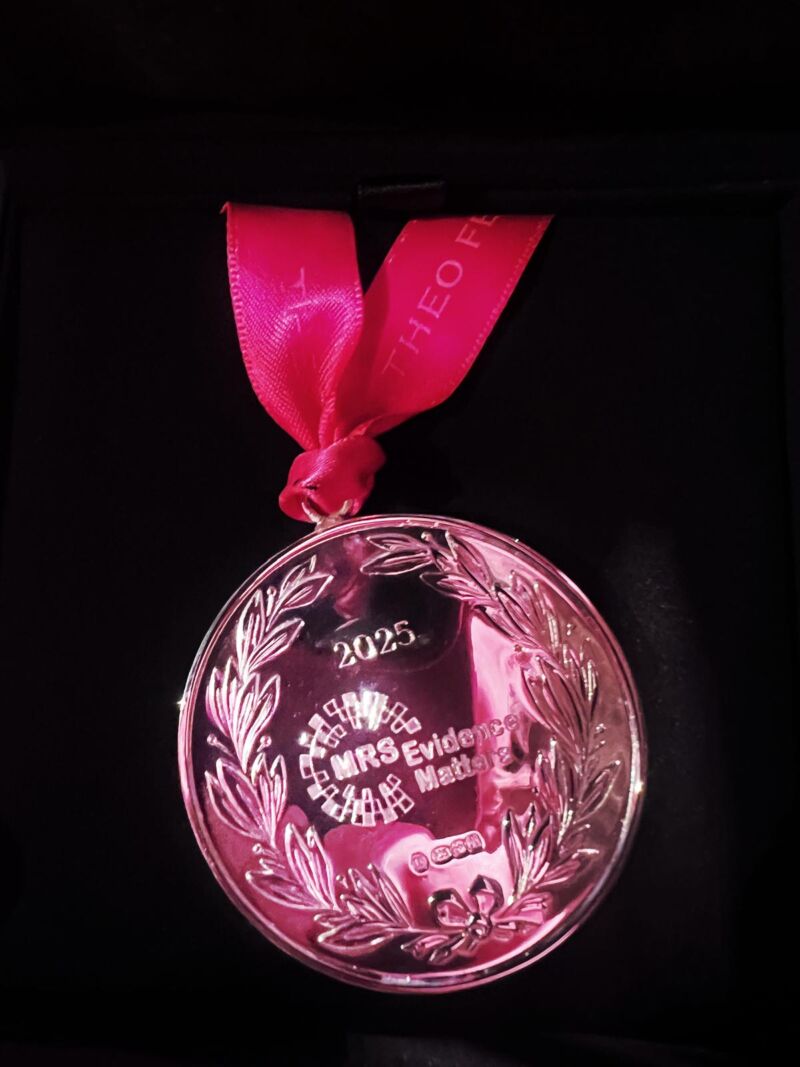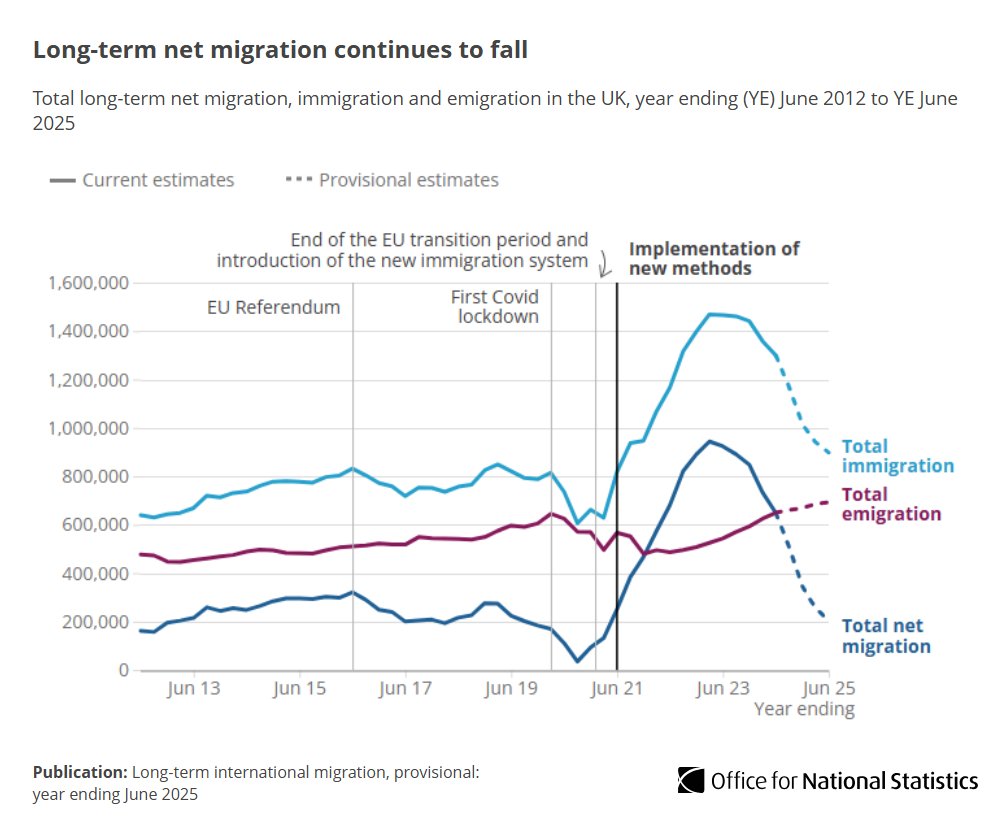We stocked up on Sunday lunchtime on face-paint, bunting and balloons so that the Katwala household in Dartford would be fully match-fit to play its part in cheering England’s Lionesses on in their Euro 2025 cup final.
We had been there at Wembley when they had won the trophy in 2022. That had been a special summer for me: ten-year-old daughter Indira was watching live international football for the first time. We followed the team to Brighton and Southampton, then had the vantage point of the Gods – joined by the rest of the family in the top row of the top tier at Wembley stadium – to see the Lionesses make history by beating Germany.
Yet it was more in hope than expectation that we waited for the kick-off this time around. England were defending European Champions, but Spain had won the World Cup. We had watched them vanquish England on the TV broadcast from Australia while on holiday in Cornwall: our flags and face-paint failing as lucky charms that time. Spain had been the most fluent team throughout this tournament. Their men had beaten England in the Euro 2024 final last summer too. Could this be third time lucky – or would Spain’s possession football make this a permanent jinx?
Belief was one thing England’s women could never be faulted on. They had somehow still believed at two-nil down to Sweden late in the quarter-final – their trophy defence set to end not with a bang but a whimper, until two goals in two minutes brought it back to life. The Lionesses had trailed to Italy with the semi-final clock ticked well past ninety minutes deep into injury time. Yet 19-year-old super-sub Michelle Agyemang produced the equalising goal on both occasions, refusing to let England’s tournament end.
So when Spain went one-nil up in the final, with a classy goal of geometric precision, we talked about why England could still believe. As long as Spain did not score again, England would have a chance. They could bring on their super-subs again just as the defenders were beginning to tire. The Lionesses may be the underdogs, but they would not give up their trophy without a fight.
Chloe Kelly crossed the ball. Alessia Russo headed it into the net. “That goal needs to go in the football textbook” said the BBC co-commentator. One-all. Despite Spain’s technical brilliance, England began to look stronger.
Ninety minutes. Injury time. Extra time. No more goals. Penalties! The English fear of the penalty kick has become such a part of our national mythology that National Theatre plays explore its place in the national psyche. Yet history would cast no shadow over the Lionesses, who knew they were history-makers already. England’s women always give themselves permission to rewrite the narrative.
Chloe Kelly had scored the winning goal at Wembley three years ago – so she knew how to hit the back of the net to win the Euros for England. When she repeated that feat on Sunday night it was the cue for mayhem on the pitch in Basel, with Sweet Caroline ringing out in the stands, with celebrations in Dartford, and everywhere across England.

Why does the Lionesses’ victory matter?
Sixteen million of us were watching the Lionesses across the BBC and ITV. It is the only time this year that this many people in England have been doing the same thing at the same time.
Sport is only one sphere of national identity, but it has a special symbolic reach and importance. Almost all of us have some experience of national identity – often when we are at primary school – before we develop any theories about identity, inclusion or exclusion. So our feeling about whether major sporting events, big royal occasions or Eurovision song contests include or exclude people like us may often shape the ideas and allegiances we later hold about identity, as teenagers and young adults.
I felt part of the battle to change the football culture of the national game in my teenage years. There was an alchemy in those magical footballing summers of 1990 – Pavarotti and Gazza’s tears – and especially 1996, when Three Lions became a new national anthem. The Lionesses took that to another level in 2022. The crowds for those Lionesses matches around the country – just over half female, with so many young families – represented an English patriotism as inclusive and excitable as anybody could imagine.
The rising status of women’s football is not just an important contemporary story of social change. It is a belated reckoning with historic injustice too. After women got the vote in 1918, there was a backlash to their rising voice. Over 50,000 watched women’s football at Goodison Park on Boxing Day 1920, yet the FA banned women from professional grounds in 1921, declaring football “quite unsuitable for women”. That ban remained in place for half a century. So the women’s game had to restart from scratch in the 1970s.
There was a moving gesture of tribute to those pioneers when the Lionesses played the USA at Wembley. The FA invited every woman who had played for England over that half- century to take a lap of honour during half-time. The next generation – the many young fans aged 7 to 14 at the matches – will have a different perspective, seeing the rising status of women’s football not as an unusual novelty but a new norm on which to build.
Of course, the Lionesses’ victory does not solve all of the challenges in our society. Yet it matters all the same.
No team has never won a major tournament having been behind in the quarter-final, semi-final and final. The players have a mantra: ‘proper England’. It is about teamwork, resilience and believing in themselves and each other. So the way that England’s women won – never giving up – represents a modern reimagining of one of those stories we like to believe about ourselves. Might that idea offer at least temporary respite from the current doom loop about the state of our society, or febrile predictions of civil war?
England’s sporting teams are a reminder that there has been a common-sense consensus that English identity is not confined to one ethnic group for at least thirty years now.
In polarised times, many people welcome a reminder that we have sources of shared pride that reach across the towns, villages and cities. The Lionesses have strengthened an idea of England that can belong to everybody who calls this country home and who wants to identify with being part of it.












